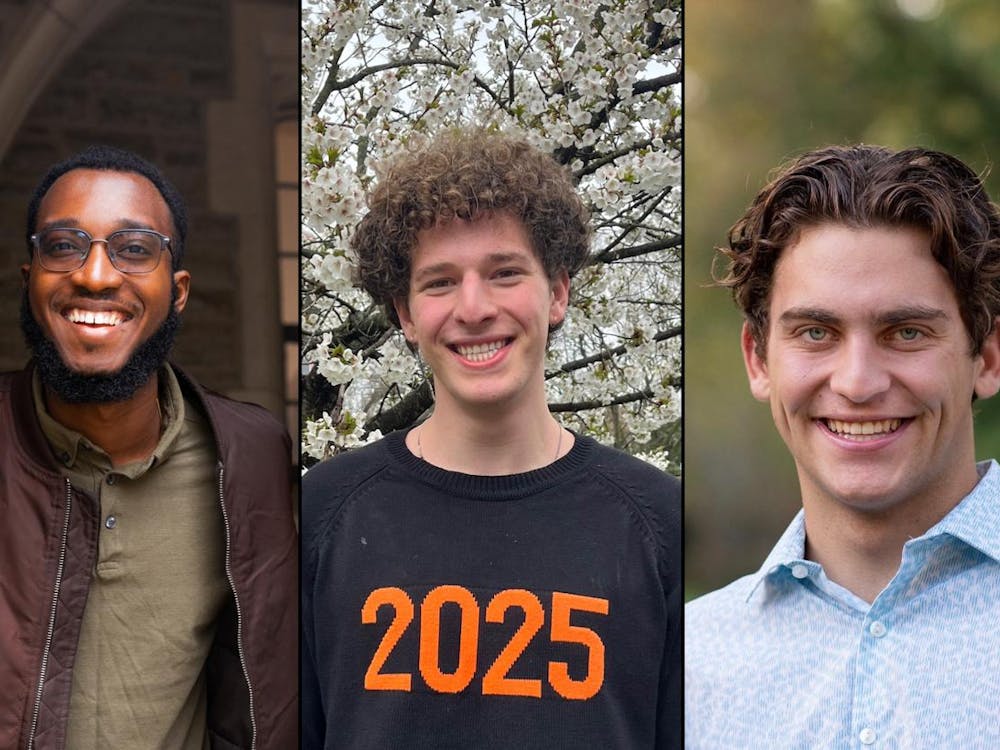The trial brought against the University over its tax exemption status will begin on Oct. 17, over a week later than the original scheduled start date of Oct. 6. The Property Tax Trial will take place in the Tax Court of New Jersey.
Brought by four residents of the town of Princeton, the trial concerns a lawsuit about the University’s overall status as a nonprofit for tax exemption purposes. Included as a defendant is the Town of Princeton, as the town’s municipal tax assessor approved the University buildings in question for tax exemption status. The assessor approved the University’s claim that the buildings are used to fulfill its educational mission.The plaintiffs are challenging “the exemptions granted by the municipal assessor to the University for tax years 2011, 2014, and 2015,” according to a University document. The burden of proof currently falls on the University. The challenges from all three years will be trialed altogether later this October.
“As this trial goes forward, there will be many people who are paying attention. This trial has great implications for people doing research and managing nonprofit organizations,” said University Vice President and Secretary Robert Durkee ’69.
In a previous motion, Judge Vito Bianco ruled that, although the University is the defendant, it will bear the burden of proof in this trial. Bianco has not ruled in favor of the University in seven previous motions concerning this trial.
In July 2015, Bianco ruled in a case brought by the town of Morristown against the Morristown Medical Center that certain sections of the hospital are not entitled to tax exemptions. However, Durkee explained that unlike the Morristown case, the Town of Princeton is not a plaintiff.
Currently, the University’s witness list includes President Christopher Eisgruber ’83, Durkee, Dean of the Faculty Deborah Prentice, Dean for Research Pablo Debenedetii, University Treasurer Caroline Aisnley, and Director of Campus Planning Paul LaMarche. LaMarche is expected to give an exceptionally long testimony in order to explain the purpose of each of the University’s 173 tax-exempt buildings. The witness list will also include two expert witnesses who are professors at other schools who specialize in nonprofit research. The total list includes between 20 and 25 witnesses.
Bruce Afran, the lawyer for the plaintiffs, said as of this Monday that he does not have a witness list for the trial. However, Afran is expected to cross-examine many of the University’s witnesses.
The University currently pays taxes on certain buildings not exempted by New Jersey laws, such as the Garden Theater. The state’s constitution has established non-profit educational institutions’ right to property tax exemption. The trial concerns the University’s overall property tax exemption status under state law as well as individual University buildings’ statuses.
The University also voluntarily pays property taxes on other buildings, such as non-dormitory graduate student housing. However, Durkee said he personally thinks they would also probably qualify for tax-exempt status. Additionally, the University also voluntarily makes contributions to the town, according to a University document. The University also makes contributions to the town for capital purposes, such as the purchase of a new fire truck, a recent $500,000 donation to the first aid and rescue squad, and the maintenance of nine miles of private roads that allow for public use.
Durkee also said that the University collects its own trash and has its own police officers in part to make sure that the University doesn’t put an “undue burden” on the township.
The trial is expected to continue into early 2017.
Durkee also noted that even in the event that the judge does not rule in the University’s favor, financial aid programs for students will not be impacted.
Furthermore, Durkee did not rule out the possibility of a settlement with the plaintiffs.






